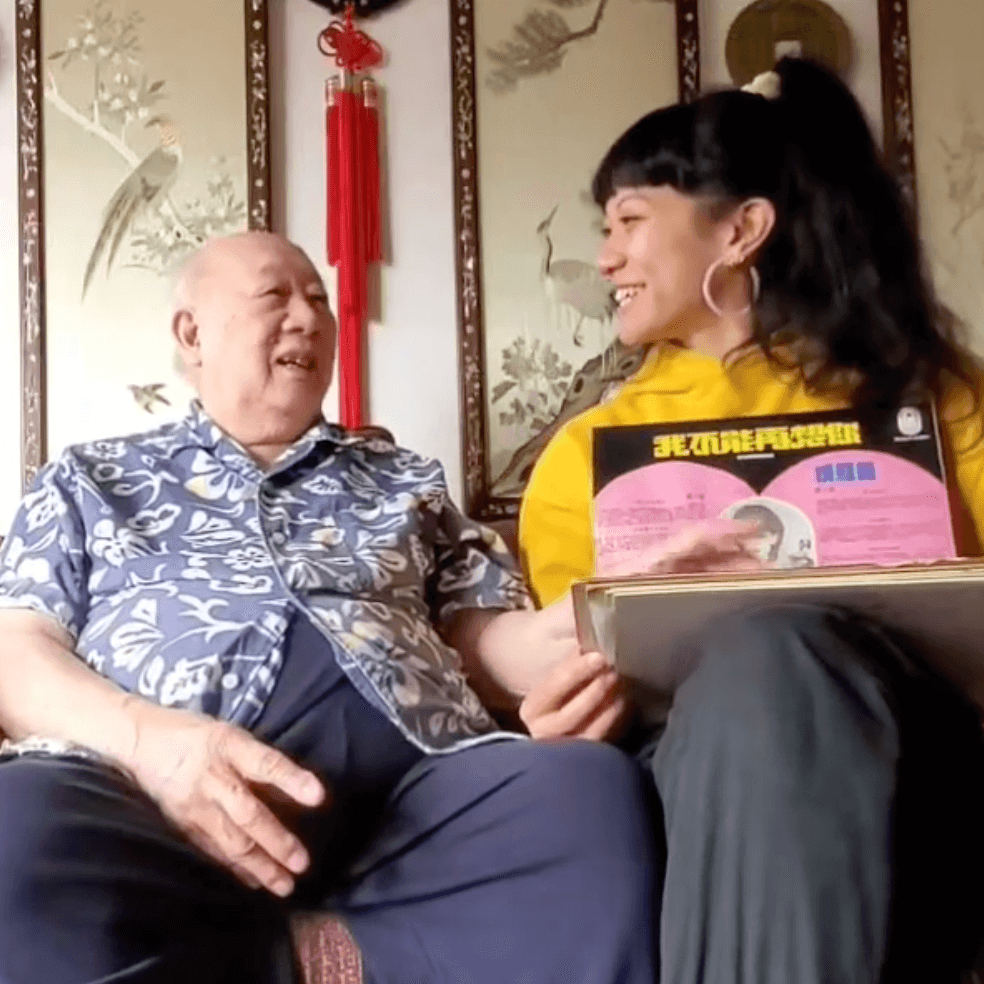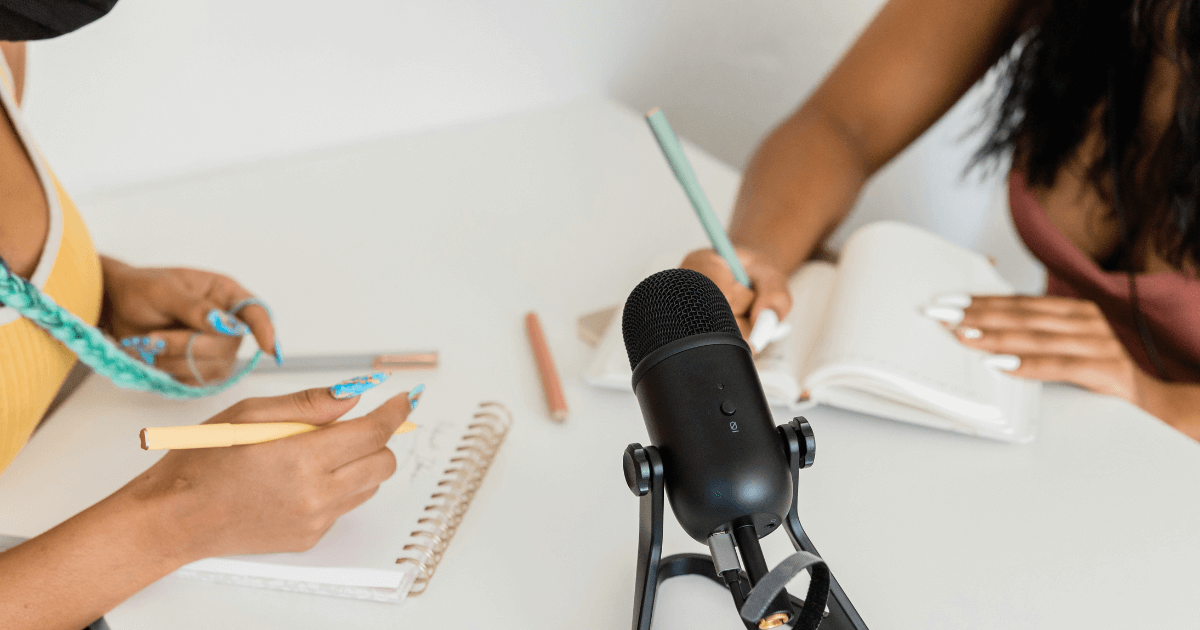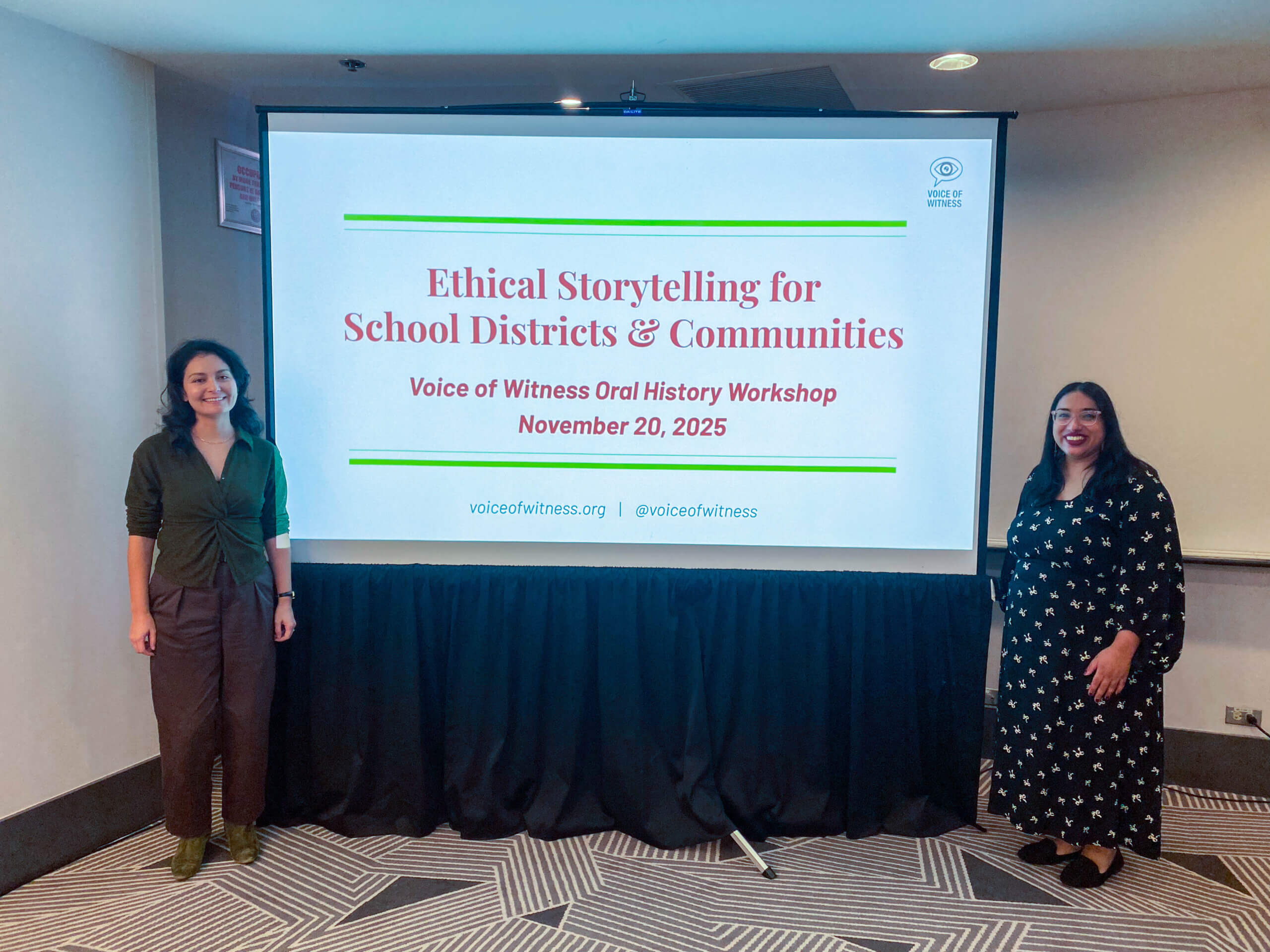As part of the Oral History in Practice event series, Voice of Witness hosted a webinar with Rochelle Kwan, a cultural organizer, artist, and oral history educator, based in New York City’s Chinatown.

Rochelle shared insights from Chinatown Records 華埠錄音, a homegrown effort to celebrate the richness of music, oral history, and memory that comes with inherited family collections. Rooted in deep listening and relationships, the project uses music as a familiar entry point and bridge for opening up conversation, sparking memories, and building connections across generations. We also discussed Rochelle’s collaborations with Think!Chinatown where she leads storytelling and neighborhood engagement projects, and Self Evident, a podcast that aims to improve Asian American representation in public radio.
The conversation touched on Rochelle’s work, democratizing oral history tools, and what she has learned about building relationships and community through music and storytelling. Read highlights and watch the full recording below:
Reflections and Insights:
- “Soft skills” are valuable and crucial to oral history work. Knowing how to have conversations with new people, build connections, and foster trust is vital for working with narrators on oral history projects. Rochelle noted that though she had no technical recording or audio skills going into her first oral history job, she had developed these “soft skills” through her social work background.
- Everyone is a storyteller. Rochelle’s work often focuses on democratizing access to oral history. She reflected on realizing she had been doing this work for over a decade, though she originally just thought of it as having conversations with her community. “I always knew that the people around me had stories, because they were always telling me,” she said, “even if it wasn’t reflected in museums or in TV.” Seeing mainstream media miss out on the nuanced stories from her community provoked the realization that it’s not only academics or celebrities that can teach us. We should also “tune in to the people around us as teachers,” Rochelle said.
- Oral history is collaborative and relational. Rather than enforce a divide between interviewer and narrator, Rochelle emphasizes collaboration in her work. She is always learning from those she interviews, and working with narrators to build a safe and brave space to communicate. “It’s never been about me,” she said, “I’m not going to be able to decide what feels safe and brave by myself.” Rochelle also emphasized the importance of preparation and internal reflection for interviewers. She noted that interviewers must be able to articulate “why you’re here, why you’re asking these questions, and why you think this person is important to talk to.”
- Music is a portal to connection and community. Memory is strongly connected to music. Rochelle explained that listening to a song from someone’s past can be a useful entry point for deep conversation and sharing stories. She told an anecdote of finding an old record with her father that he used to listen to frequently after immigrating to the US, when he felt sad and alone. That record provoked memories for him that he then felt comfortable sharing with Rochelle. She said “this record became a portal to create this new memory together… It’s now, for me and for him, this moment when we got to learn about each other for the very first time.”
Check out Rochelle’s website.
Watch the full webinar recording:




